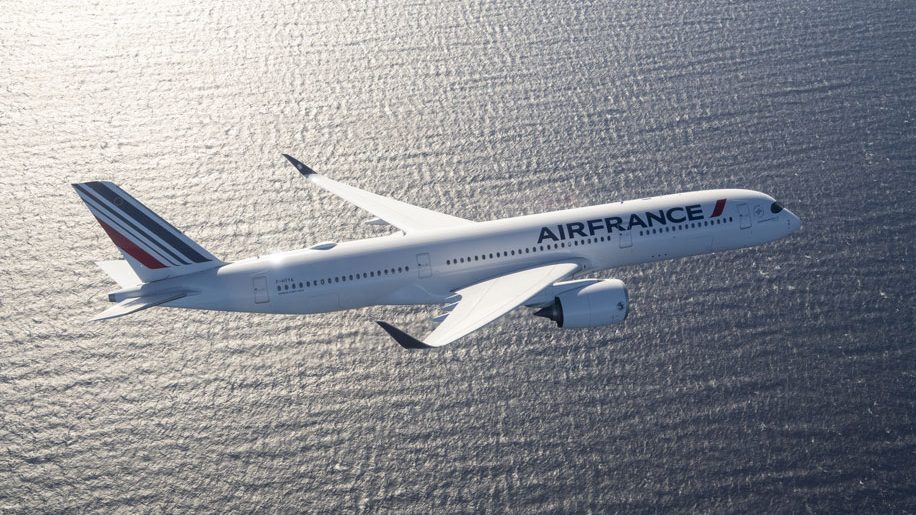
As airlines around the world continue to deal with the impact of the Covid-19 pandemic, they are also facing the prospect of drastic environmental taxes.
The French government is looking to reduce its greenhouse gas emissions by 40 per cent by 2030, and aviation is once again facing the prospect of taxation.
What is being proposed?
France’s Convention Citoyenne pour le Climat (CCC), a citizens’ body created under President Macron, met in September 2020 to outline a series of eco-measures for the aviation sector.
The most controversial element was its proposal for a new environmental tax on airlines, which goes above and beyond what was initially proposed in 2019 when Elisabeth Borne, the country’s transport minister, announced that there would be a tax of €1.50 on economy class tickets and €9 on business class tickets for domestic flights and those within Europe, increasing to €18 for business-class tickets outside of the European Union.
CCC suggested much higher rates, namely that for economy class tickets the rate should be:
- €30 per ticket for flights under 2,000 km
- €60 euros for flights of over 2,000 km
And for business class:
- €180 per ticket for flights under 2,000 km
- €400 per ticket for flights of over 2,000 km
If levied, the tax would raise €4.2 billion in taxes annually.
Other measures suggested by the CCC include:
- Banning the construction of new airports and expansion of existing ones
- Banning domestic flights of under four hours if there is a low-carbon alternative by 2025
- Adding further taxes on fuel for recreational flying
- Guaranteeing that emissions are offset by financing “carbon sinks” (projects that extract C02 from the atmosphere and absorb more carbon than they release)
- Supporting the development of biofuels
What impact will this have on the environment?
France’s Directorate General for Civil Aviation (DGAC) found that the proposed measures would reduce emissions by 3.5 million tonnes a year, which equates to less than one per cent of France’s total emissions, though it is unclear what proportion of the money raised (if any) would then be used to support environmental projects.
How have the proposals been received?
The aviation industry is frustrated by the news, especially during the Covid-19 pandemic. Passenger numbers in France have dropped by 80 per cent since March.
The DGAC estimated that the tax would cut the number of air travellers by 14-19 per cent, lead to 150,000 job losses, and cost the French economy €5-6 billion in lost GDP.
According to newspaper Le Monde, France’s Transport Minister Jean-Baptise Djebbari said the measures would have a disastrous impact on the industry and that “we shouldn’t travel less, but make it so that air travel creates less emissions and is less polluting”.
Alexandre de Juniac, CEO and Director General of IATA, also responded to the news:
“This proposal cannot be taken seriously. It is not the time to add €6 billion and 150,000 lost jobs to the economic destruction already being levelled on the French aviation sector by Covid-19. And it will all but eliminate the 160,000 jobs that the government is trying to create with €100 billion in its economic re-launch plan. In this time of crisis we need coherent policies that will save jobs not policies that will destroy them.”
IATA is also concerned that a unilateral approach to reducing aviation’s emissions could compromise the progress that is already being made globally. De Juniac added:
“If France imposes this debilitating unilateral national tax it could jeopardize CORSIA, an international scheme that will mitigate a billion tonnes of carbon emissions. The net environmental impact of the CCC proposal will be horrendous if doing so gives large emitters or developing nations an excuse not to support CORSIA.”
What has been decided?
Nothing as of yet. The proposals are set to be debated in parliament at the end of March 2021.












